|
|
Post by linefacedscrivener on Nov 30, 2020 10:15:19 GMT -5
 "P.S. I’m venturing to include a rhyme of mine here, which is doubtless entirely without rhythmic or literary merit, but which does, in some slight way describe the sensations one receives while traveling that savagely barren country between the little town of Sonora and the Border." -Robert E. Howard to H.P. Lovecraft, June 1931
One thing I have not covered, and I think very important, is Howard's Texas poetry. He wrote a number of poem about the history of Texas ("The Lost San Saba Mine"), the early natives ("The Kiowa's Tale"), the people ("The Cowboy" and "The Ballad of Buckshot Roberts"), and the battles ("The Alamo" and "San Jacinto"). So, I would be remiss if I did not include these at part of Robert E. Howard's "Unborn Empire." Probably the most important poem that sets the stage is Howard's "The Grim Land," which he included as a P.S. to Lovecraft in a June 1931 letter. So, without further ado . . . The Grim Land (stanza 1) "From Sonora to Del Rio is a hundred barren miles Where the sotol weave and shimmer in the sun – Like a horde of rearing serpents swaying down the bare defiles When the scarlet, silver webs of dawn are spun."  Texas Sotol Texas Sotol |
|
|
|
Post by linefacedscrivener on Dec 1, 2020 11:31:51 GMT -5
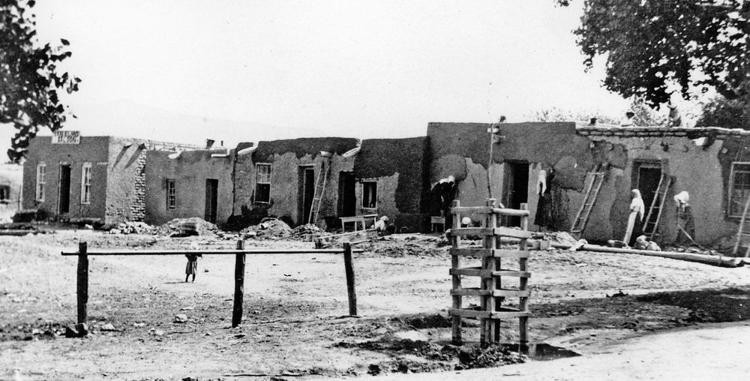 The Grim Lands (stanza two) By Robert E. Howard The Grim Lands (stanza two) By Robert E. HowardThere are little dobe ranchoes brooding far along the sky, On the sullen dreary bosoms of the hills; Not a wolf to break the quiet, not a desert bird to fly Where the silence is so utter that it thrills. Through the Portal to Texas History, the Marfa Public Library has uploaded a photograph collection titled "Marfa, Diversity in the Desert," which has a number of the old "dobe ranchoes" that Howard would certainly have seen in many of his travels: texashistory.unt.edu/explore/collections/MDID/browse/?q=Adobe+&t=fulltext&sort= |
|
|
|
Post by linefacedscrivener on Dec 1, 2020 16:11:28 GMT -5
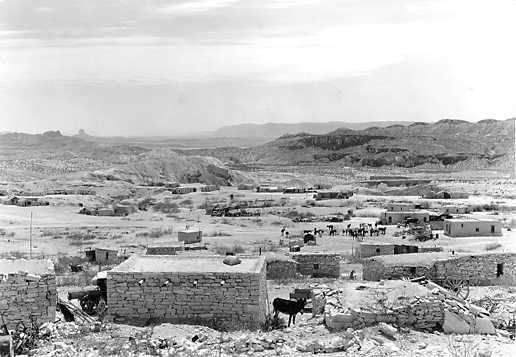 The Grim Land (stanza three) by Robert E. Howard The Grim Land (stanza three) by Robert E. HowardWith an eery sense of vastness, with a curious sense of age, And the ghosts of eons gone uprear and glide Like a horde of drifting shadows gleaming through the wilted sage – They are riding where of old they used to ride. The picture above is of the Terlingua Ghost Town, taken in 1936, the year Howard died. At the time, it was all but abandoned. Here is a picture of the abandoned town in 1973:  |
|
|
|
Post by linefacedscrivener on Dec 2, 2020 14:16:30 GMT -5
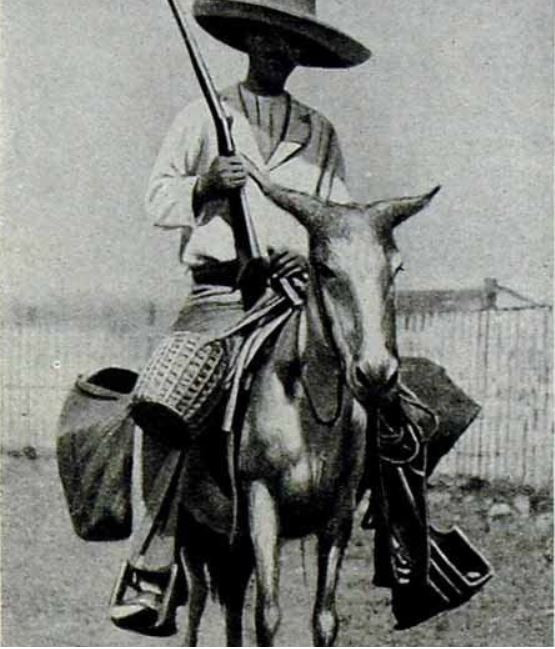 The Grim Land (stanza 4) The Grim Land (stanza 4)
Muleteer and caballero, with their plunder and their slaves – Oh, the clink of ghostly stirrups in the morn! Oh, the soundless flying clatter of the feathered, painted braves, Oh, the echo of the spur and hoof and horn. One of my retired colleagues, and a very nice lady, wrote a little about the muleteers on her blog. Link to it here: www.carolinacastillocrimm.com/tidbits-from-history-mules-and-muleteering/ |
|
|
|
Post by linefacedscrivener on Dec 3, 2020 9:50:07 GMT -5
 The Grim Land (stanza 5) The Grim Land (stanza 5) Maybe, in the heat of evening, comes a wind from Mexico Laden with the heat of seven hells, And the rattler in the yucca and the buzzard dark and slow Hear and understand the grisly tales it tells. |
|
|
|
Post by linefacedscrivener on Dec 3, 2020 16:01:31 GMT -5
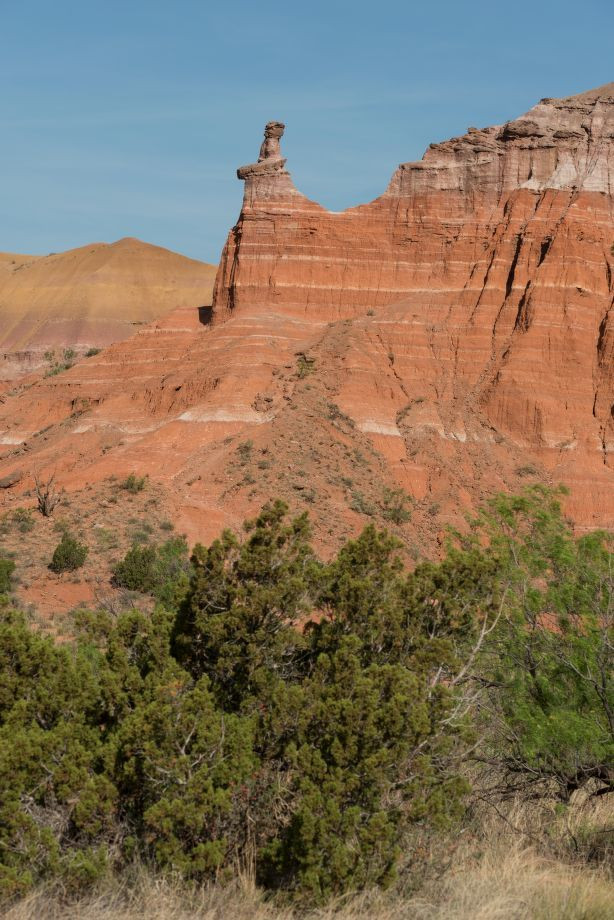 The Grim Lands (Stanza 6) The Grim Lands (Stanza 6)Gaunt and stark and bare and mocking rise the everlasting cliffs Like a row of sullen giants hewn of stone, Till the traveler, mazed with silence, thinks to look on hieroglyphs, Thinks to see a carven Pharaoh on his throne. |
|
|
|
Post by linefacedscrivener on Dec 4, 2020 9:56:07 GMT -5
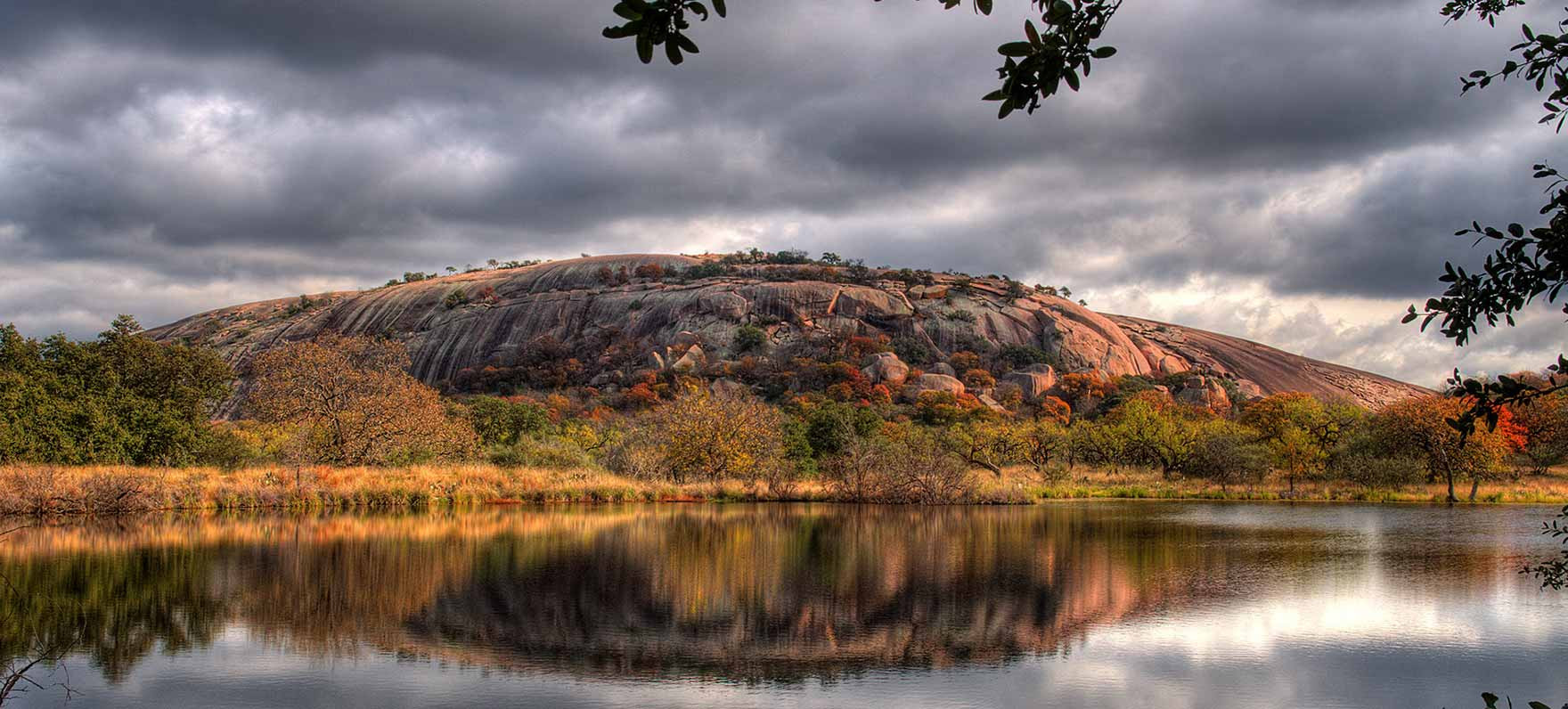 The Grim Lands (stanza 7) The Grim Lands (stanza 7)Once these sullen hills were beaches and they saw the oceans flee In the misty ages never known of men, And they wait in brooding silence till the everlasting sea Comes foaming forth to claim her own again. |
|
|
|
Post by linefacedscrivener on Dec 8, 2020 12:04:52 GMT -5
 "Outside of the original ranchers and the later farming class (both of practically the same stock, Scotch-English-Irish from the older Southern states) about the only other strain in the country in this section is Germanic." -Robert E. Howard to August Derleth, December 29, 1932My wife and I were supposed to go to Germany and Austria this past May, but, of course, it was cancelled because of COVID. Hopefully this will all blow over and Germany will open back up--I have some beer to drink! In lieu of my failed trip, I thought I start a short series on German-Texans or Texas-Germans. Howard wrote often of the Germans in Texas to both August Derleth and H.P. Lovecraft. Perhaps it was his own love of beer and food that led him to do so, for he certainly seemed to enjoy visiting the German heritage towns of Texas in his travels. Here is a video from the Texas Historical Commission detailing why the Germans left the Old World and came to settle in the New in Texas. |
|
|
|
Post by linefacedscrivener on Dec 9, 2020 9:43:03 GMT -5
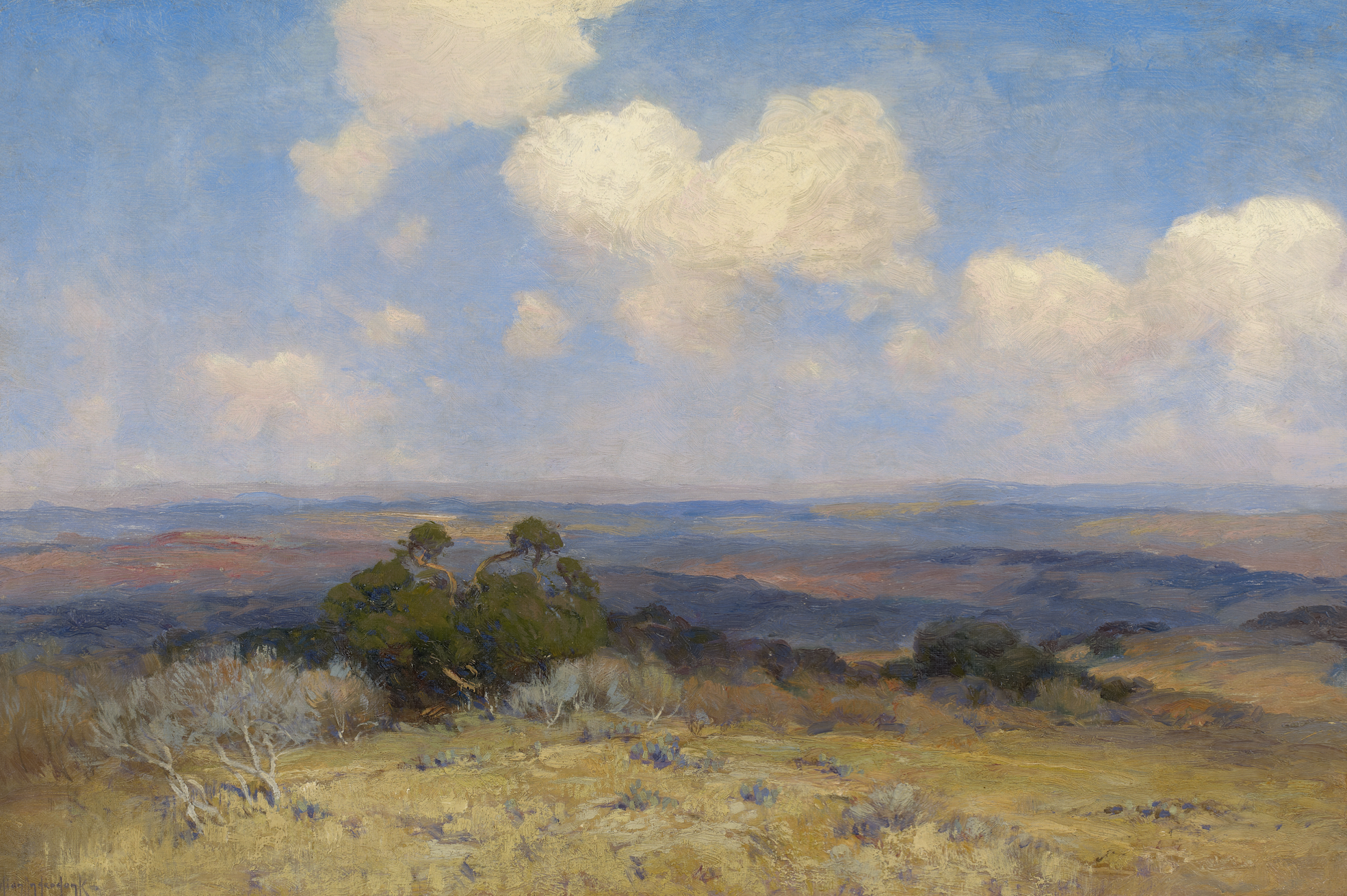 "Numbers of Germans having drifted up into this country from the Teutonic settlements of Fredericksburg and New Braunfals." -Robert E. Howard to August Derleth, December 29, 1932 Howard wrote often of visiting Fredericksburg, Texas, which still to this day maintains some ties to its German roots, especially when it comes to food and beer. Although he did not write as often about New Braunfels, as it does not appear he visited the town as often as Fredericksburg, it too retains many ties to its German roots today. The following video from the Texas Historical Commission discusses the arrival of those first German to Texas and where they settled. |
|
|
|
Post by linefacedscrivener on Dec 10, 2020 10:21:27 GMT -5
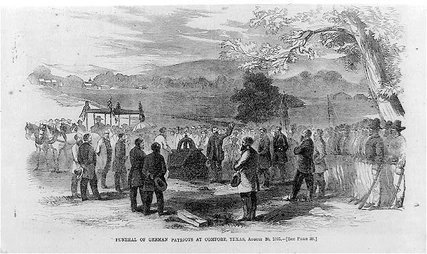 "Germans were about the only aliens in Texas in those days, and they didnt think they ought to have to fight in the Civil War. Well, I can understand their viewpoint. Many of them had only been in this country a few years. They owned no slaves, had no quarrel with the Federal Government, and had only a vague idea of what the war was about anyway. Just the same, they were thriving and growing fat off the country; they had the same advantages and rights as the natives, and it looks like they should have shared some of the responsibilities. At least, that’s what the Texans thought and those lean bronzed frontiersmen were in the habit of backing up their opinions with Colt and Bowie. The German settlers would not go to the war, so the war was in a few cases brought to them, suddenly and violently, after the fashion of early Texans. Besides, the Irish have never been noted for their love of the Dutch, and most of the Texans were of Irish or Scotch-Irish descent. Some of the Germans hid along the rivers and some got over into old Mexico. One group of eighteen started, but the Texans got wind of their intended flight to avoid military service, and came up suddenly with them on the Guadalupe River. Those were savage and ruthless days. The fight was short and terrible. When it was over eighteen Germans lay stretched silent in their own blood and their conquerors were riding back to their own settlements. To the more civilized people of this day and time, the early history of the Southwest seems incredible violent and blood-stained. But it was the characteristic of the frontier, and in the Southwest the pioneers, reverting by necessity to the barbarism of their ancestors, merely duplicated the colonization epoch of the East, a century or so before." -Robert E. Howard to H.P. Lovecraft, October 1931
This is an aspect of German immigration to Texas I had never heard before and wondered how accurate it was. After doing some research on the topic, I learned Howard was spot on with his history lesson. As he says, it does make sense and I, too, can "understand their viewpoint." Still, like the lithograph above shows, no matter how much German Texans wanted to avoid the Civil War, the war still came to them. I especially appreciated Howard's comment about the violent frontier, so forgive me for placing it in bold. I think that quote really would have been the basis for Robert E. Howard's book on Texas history, An Unborn Empire.
The following video from the Texas Historical Commission is labeled "German Settlements of Texas," but the the main focus of the video is the impact of Civil War on Texas Germans: |
|
|
|
Post by charleshelm on Dec 11, 2020 19:46:18 GMT -5
Charlie Robison has a song about a German immigrant and his descendants called "Indianola" (a town on the coast, where my mother used to go to the beach when she was little) and it speaks about some of the civil war issues briefly.
"The war they call civil had barely begun
Me and my cousins decided we'd run
Up through Louisiana to meet up with Grant
But one hundred damn rebels shot us there in the sand
At Indianola"
People in my grandfather's generation usually spoke of "the Bohemians" rather than Germans.
|
|
|
|
Post by linefacedscrivener on Dec 14, 2020 9:27:11 GMT -5
Charlie Robison has a song about a German immigrant and his descendants called "Indianola" (a town on the coast, where my mother used to go to the beach when she was little) and it speaks about some of the civil war issues briefly. "The war they call civil had barely begun Me and my cousins decided we'd run Up through Louisiana to meet up with Grant But one hundred damn rebels shot us there in the sand At Indianola" People in my grandfather's generation usually spoke of "the Bohemians" rather than Germans. Thanks for sharing the song. I had never heard it before. Back some years, my family and I went camping at Goose Island and we north and along the beaches (as best you can), and we visited Indianola. So, I'm a little familiar with the area. Mostly we went south into Corpus to tour around. Yeah, I remember when I was young some of the older people talked about Bohemians as Germans, but the younger (older people) use the term to refer to the Beatniks. In actuality, there was a Bohemia and they were the true Bohemians. Some of it was in the Bavarian/Munich area of today's Germany, but most of it reached further into Czech and Slavic land. Most people refer to them as the Slavs. Doing these posts, I always find it fascinating how not only do words differ by region, but also across time. |
|
|
|
Post by linefacedscrivener on Dec 14, 2020 9:41:31 GMT -5
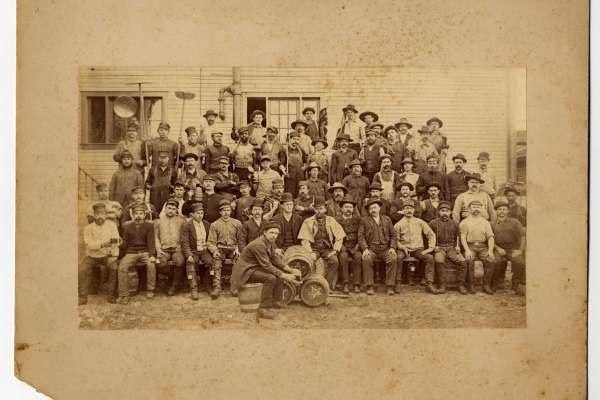 "There was a good deal of pro-Germanic sympathy in this part of the country during the last war [World War I], nor was it always limited to people of pure German descent. However, many Germans were as staunchly patriotic as any American, and I noticed that the most truly American were generally those who had been born in Germany and had known something of that country before they came to America. Quite a pro-German feeling existed among some of the second and third generation, who, knowing nothing about the land of their ancestry, imagined it a glamorous realm of beauty and justice and ancient culture." -Robert E. Howard to H.P. Lovecraft, October 1931
There was, of course, a lot of anti-Germanic sentiment in America as well during World War I, especially after America joined the war. Still, because the Germans had become so integrated in Texas, they faced less adversity here than they did in other states. In part, that was because much of German culture had been absorbed into Texas culture. The following video from the Texas Historical Commission shows some of the Texas culture roots in Germanic culture: |
|
|
|
Post by charleshelm on Dec 14, 2020 21:59:55 GMT -5
Well "Bohemians" could refer to immigrants from both Germany and Czechoslovakia, so it works wither way. Some big Czech settlements in places like West.
|
|
|
|
Post by linefacedscrivener on Dec 15, 2020 9:43:39 GMT -5
Well "Bohemians" could refer to immigrants from both Germany and Czechoslovakia, so it works wither way. Some big Czech settlements in places like West. Good point. Many Germans moved into the Czech Republic and areas further into the Slavic region, and vice versa. My wife's ancestors were Germans who moved into Transylvania (the Saxons). My guess is there may be some relationship to "Bavarian" and "Bohemian." I know often local words were "Americanized" and perhaps that was the case. The weirdest one to me was Livorno, Italy, being called "Leghorn." Still, why did "Bohemian" come to mean someone who was artsy, or "Beatnik"? Words are strange. |
|